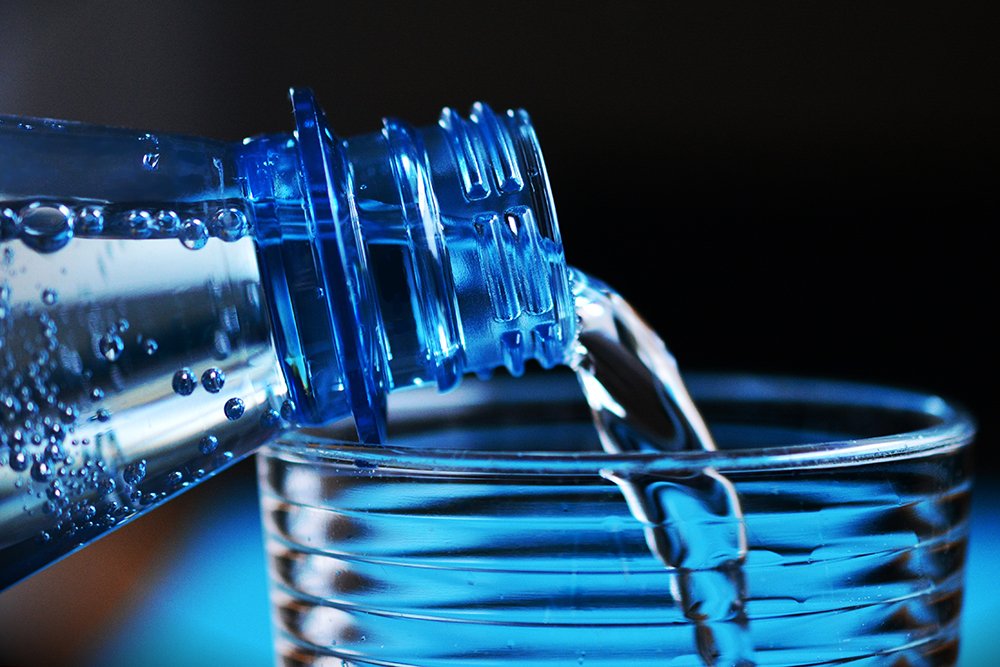
Water is a fundamental resource for human life and plays a crucial role in sustaining ecosystems. In Italy, a country known for its rich history, culture, and natural beauty, ensuring reliable and high-quality water provision is of utmost importance. This article delves into the intricacies of water provision in Italy, examining its supply systems, water quality standards, and sustainable management practices.
Italy's water supply infrastructure is well-developed and efficient. The country boasts an extensive network of water sources, including rivers, lakes, and underground aquifers. The primary sources of water in Italy include the Po River, the largest in the country, and Lake Garda, the largest lake in Italy. Additionally, Italy has a network of underground aquifers that contribute significantly to its water supply.
The water supply in Italy is managed by various regional water authorities, with each region having its own regulations and policies governing water distribution. These authorities work together to ensure a consistent and reliable water supply to the population. Italy also invests in the maintenance and expansion of its water supply infrastructure to meet the growing demands of its residents and tourists.
Ensuring the safety and quality of drinking water is a top priority in Italy. The country adheres to strict regulations and standards to monitor and maintain the quality of its water supply. The Italian Ministry of Health, in collaboration with regional health authorities, sets and enforces these standards.
Water quality standards in Italy are in line with European Union (EU) regulations, particularly the EU Drinking Water Directive. The directive sets out parameters for various contaminants, including microbiological, chemical, and radiological substances, that must be monitored and controlled in drinking water. These stringent standards help guarantee the safety and purity of Italy's drinking water.
While Italy has made significant progress in ensuring a reliable and safe water supply, it faces several challenges in this regard
Some regions in Italy, particularly in the south, experience water scarcity due to limited water resources and increased demand. Climate change and prolonged droughts exacerbate this issue.
In some areas, the water supply infrastructure is aging and in need of renovation. This poses a risk to water quality and reliability.
Industrial and agricultural activities can lead to water pollution, affecting the quality of water sources. Vigilant monitoring and enforcement are required to address this challenge.
Inequality in access to safe drinking water exists, with disparities between urban and rural areas. Efforts are needed to ensure equitable access to clean water for all.
Italy is vulnerable to the effects of climate change, including altered rainfall patterns and increased temperatures. These factors can affect water availability and quality.
Italy recognizes the importance of sustainable water management to address the challenges mentioned above. The country has implemented various strategies and practices to ensure the long-term availability and quality of its water supply
Promoting water conservation measures, such as efficient irrigation techniques and reduced water waste, helps mitigate water scarcity issues.
Italy continues to invest in the modernization and maintenance of its water infrastructure to ensure its resilience and reliability.
Integrated approaches to water management consider multiple aspects, including agriculture, industry, and the environment, to ensure sustainable water use.
Continuous monitoring of water quality helps detect and address pollution issues promptly, ensuring that water meets quality standards.
Italy is working on strategies to adapt to the impacts of climate change, such as developing drought-resistant crops and enhancing water storage capabilities.
Water provision in Italy is a well-regulated and efficient system that prioritizes the safety and quality of drinking water. The country's adherence to strict water quality standards, coupled with sustainable management practices, ensures that residents and visitors have access to reliable and clean water.
Despite facing challenges such as water scarcity, aging infrastructure, and pollution, Italy remains committed to addressing these issues through innovation and strategic planning. As climate change continues to pose new challenges, Italy's proactive approach to water management serves as a model for other nations seeking to secure their water resources for future generations.
In conclusion, Italy's dedication to maintaining a robust water provision system underscores its commitment to the well-being of its citizens and the preservation of its natural environment, making it a shining example in the realm of water management.

More Details